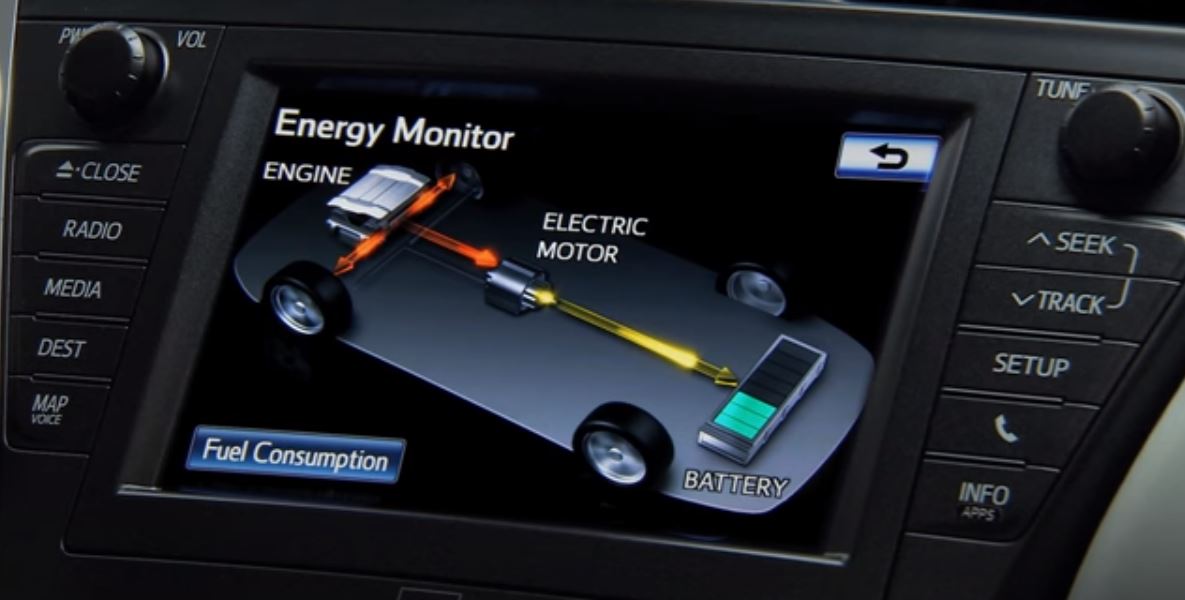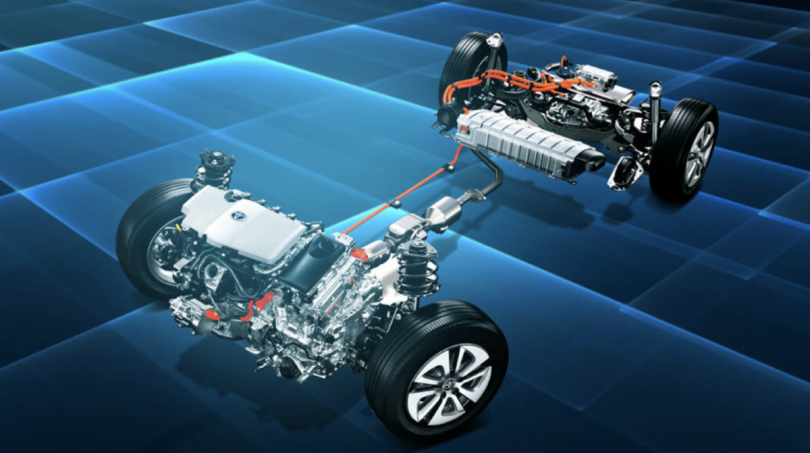Toyota plans to launch a Hyundai Creta rival in the Indian market soon. The new mid-size SUV will be co-developed with Maruti Suzuki. Toyota recently launched a new campaign to promote Self-charging Hybrid Electric Vehicle (SHEV) technology in India.
The campaign’s purpose is to create awareness about a self-charging hybrid electric vehicle’s advantages. A Self-charging Hybrid Electric Vehicle is a strong hybrid which helps significantly in fuel savings. The technology will soon be accessible when it debuts on Toyota’s new mid-size SUV.
The new mid-size SUV from Toyota has the codename ‘D22’. According to sources, the strong hybrid will be 30 to 70 per cent more fuel-efficient. Therefore, the fuel efficiency of the mid-size SUV will be the same as a hatchback.
How does a Self-charging Hybrid Electric Vehicle work?
In a strong hybrid system, accompanying the petrol engine is a small NiMH (Nickel-metal Hydride) battery pack. Additionally, it also features a strong electric motor. Hence, the name is a strong hybrid. Combining all this allows the vehicle to run on electric-only mode for short distances.
The battery pack can only charge through regenerative braking or by the engine. This is unlike a plug-in hybrid which can charge through a wall charger. Depending on the load on the powertrain, the system can switch to using the engine. The switch to the engine also happens if the battery level is low. This setup’s flexibility removes the range anxiety one gets with EVs.
Advantages of a Strong Hybrid setup
Vehicles with a SHEV system can drive for longer stretches on electric power. Additionally, the engine can top up the battery when needed. The battery and electric motor primarily consume the power. The car in the hybrid mode assumes an efficiency in the range of 90 to 95 per cent.
According to Toyota, with a strong hybrid setup, the system can deliver a 40 to 80 per cent jump in fuel efficiency over conventional petrol cars. This claim is as per the iCAT study (IRDE cycle).
As the system tries to maximise the usage of the electric motor, there is a significant drop in CO2 levels. Toyota claims a reduction of 50 per cent in emissions over a comparable non-hybrid model.
Also Read: Toyota promoting Self-Charging Hybrid Electric Vehicle Technology

*Images For Representation Purposes Only


